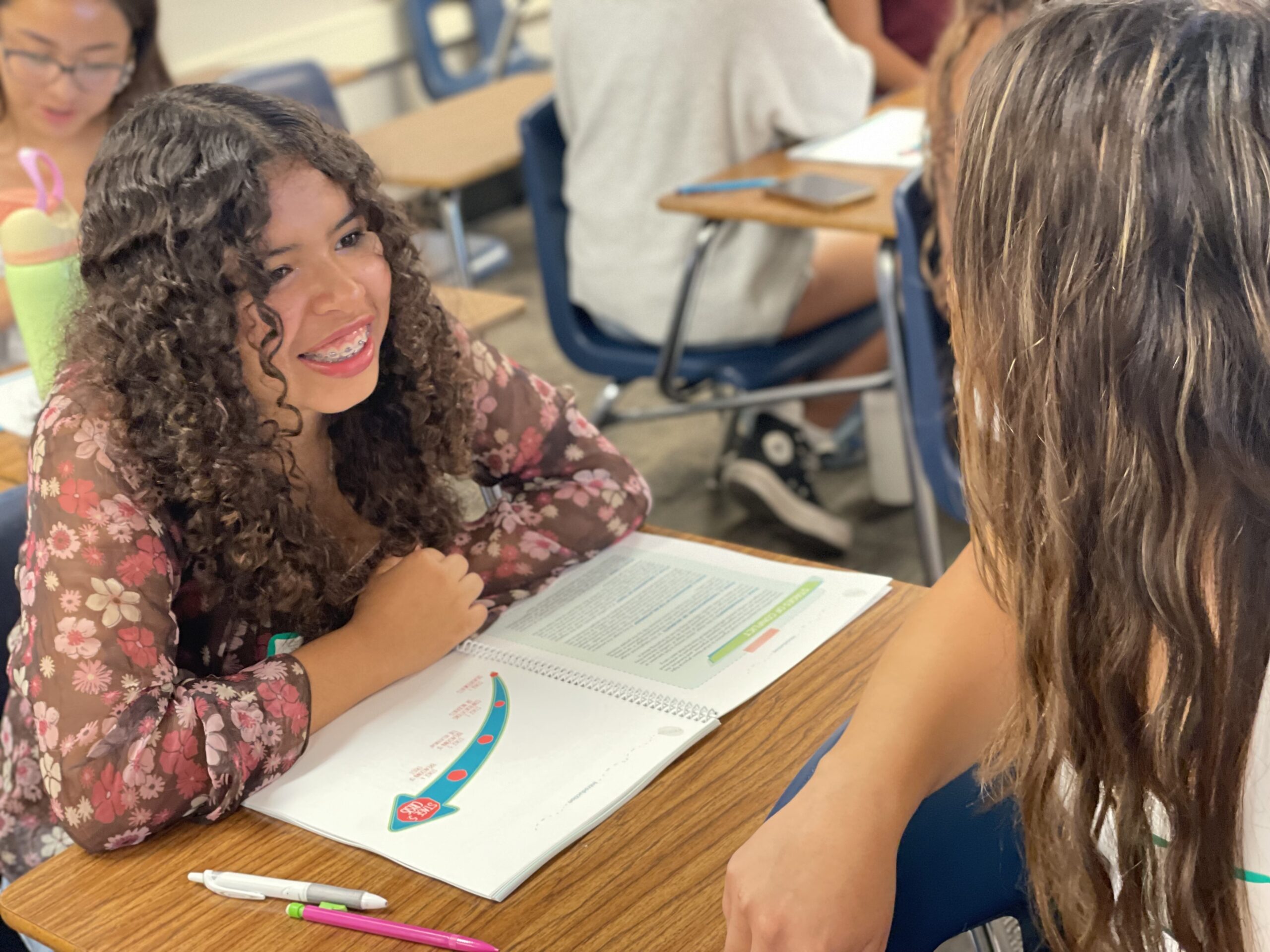The Growing Need for Supportive School Environments
 1 in 3
1 in 3
adolescents in the U.S. experience overwhelming anxiety, with mental health struggles becoming a common reality for children and teens.
 38%
38%
of students under 18 were living in low-income households, facing additional pressures that impact their well-being and academic success
 20%
20%
of students aged 12-18 are affected by bullying, leading to lasting emotional harm, a drop in academic performance, and a negative school climate.
 62%
62%
of adolescents have experienced at least one traumatic event in their lifetime, with nearly 19% having endured multiple traumatic experiences.
Educators want students who are engaged and focused. Parents want children who thrive. Students want to feel accepted by their peers, understood by adults, and successful on their own paths. However, when students struggle, it is often because they do not feel connected to their community, lack the support of trusted adults, or do not have the tools to cope with life’s challenges. This disconnect leads to learning gaps, behavior problems, interpersonal conflict, and emotional strain.
By integrating social-emotional learning (SEL) and conflict resolution tools into both the classroom and family dynamics, we can foster clearer communication, strengthen relationships, and help everyone grow.

Connecting the Pieces Together
The Domestic Harmonizer Program (DHP) directly addresses these challenges by tackling the root causes: conflict, communication breakdowns, and the need for healing from trauma. Our approach empowers students, educators, and families with the skills needed for healthier, more supportive learning environments. We focus on essential tools like conflict resolution, negotiation, peer mediation, social-emotional learning, and dialogue—all of which build understanding and cooperation.
Through programs like peer mediation training, in-class lessons, professional development workshops for educators, parenting seminars, conflict coaching, and advocacy events, we provide a comprehensive, community-driven approach. Furthermore, our SEL initiative, Inner Spark, helps students navigate personal and group challenges with confidence and compassion. These skills not only support students in the present and equip them with life skills that they can apply for years to come.

To learn more about the DHP and access valuable resources, visit the Domestic Harmonizer Virtual Center (www.domesticharmonizer.org). This open-source platform is designed to support educators, parents, and students by providing tools to discuss conflict resolution, peace, and personal growth in meaningful, practical ways. With engaging materials such as lesson plans, animated videos, interactive games, and worksheets, the Virtual Center delivers educators with the resources they need to teach restorative practices effectively.